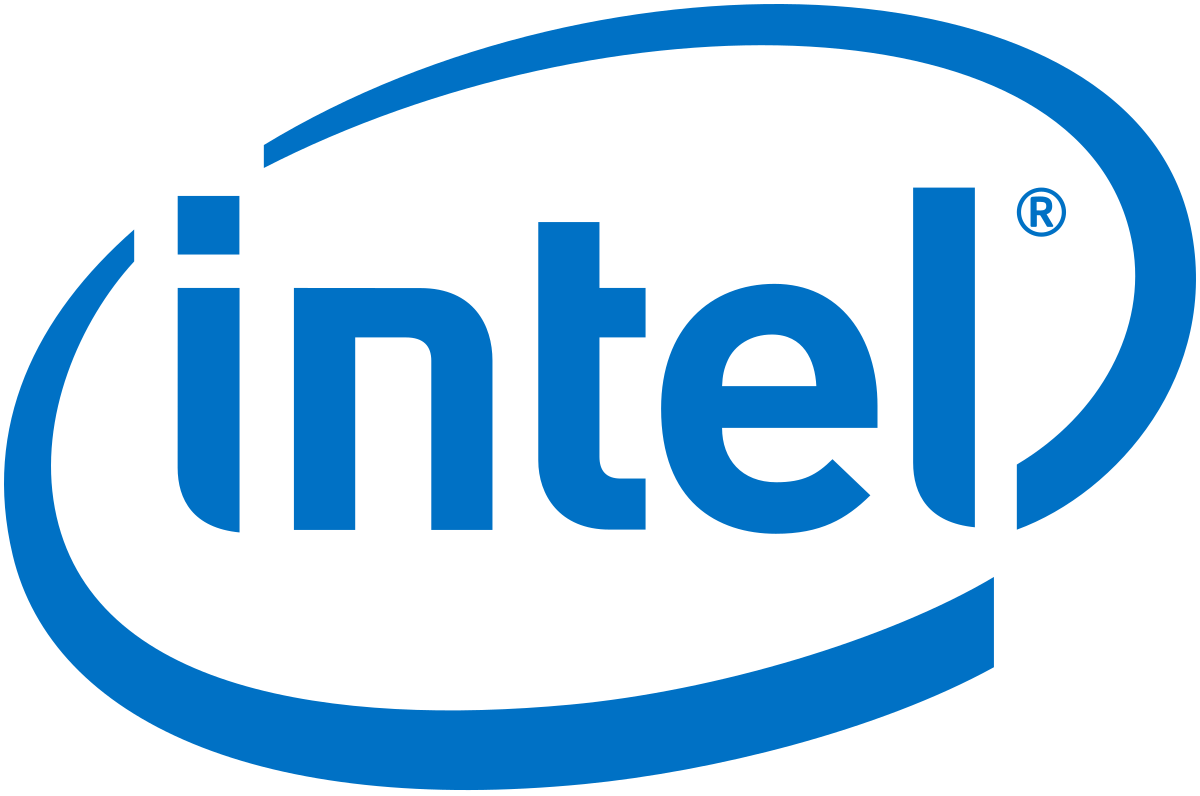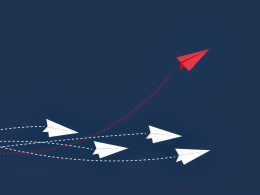by James T. Tierney, Jr., CIO Concentrated US Growth, AllianceBernstein
The new coronavirus crisis is different than any other seen in our lifetimes. But equity investors who develop a clear set of characteristics that will define resilient companies in the evolving environment can position portfolios to get through the pandemic and benefit from an eventual recovery.
Investors are reeling from the speed of the market collapse. The onset of a bear in recent weeks’ market happened faster than ever before, and GDP will likely drop precipitously over the next two quarters. However, every downturn throughout history has also provided opportunity. It’s extremely difficult for investors to envision a recovery at a time when the virus is spreading, the death toll is rising and entire populations are being locked down around the world. Yet given the unprecedented level of global monetary and fiscal stimulus, we believe this opportunity could come sooner than most expect.
Identifying Resilience and Staying Power
As investors survey the market carnage, the first order of business is to determine which companies have the staying power to ride out this downturn. This involves taking a close look at a company’s underlying business demand, financial position and ability to cut costs. No one knows the duration of this economic downdraft, but if you can’t be highly confident that a company will still be around when this is over, you’re probably taking undue risk.
How can investors dig deeper into a company’s true resilience? Start by building models of monthly cash burn under various scenarios. For example, how would the company perform in a sharp V-shaped recovery versus a U-shaped recovery? In a V-shaped recovery, a massive short-term demand contraction is followed by a sharp rebound. In a U-shaped recovery, short-term demand also drops precipitously, but the pickup is much slower due to lower personal income, damaged consumer balance sheets and a loss of consumer confidence.
These patterns might also unfold in multiple phases of demand drops and recovery. This is already playing out in Hong Kong, Taiwan and Singapore, which had some success in containing the virus but are now experiencing a second wave of infections. Modeling performance for different scenarios is a challenging exercise but can provide vital intelligence for forecasting the prospects of companies in highly uncertain conditions.
It’s also important to get a better understanding of debt maturity schedules and debt covenants. And ask whether you have enough trust in the management team, since companies will require skillful captains to steer through this crisis. Bankruptcies are clearly going to increase over the next year. But we believe that investors shouldn’t bank on government bailouts, which are notoriously difficult to predict.
Survival of the Fittest
Downturns can have a Darwinian effect on companies and industries. When recession strikes, strong companies tend to get stronger while the weak get weaker or disappear. We believe this dynamic will play out in the coronavirus crisis.
The retail sector is a good example. As demand dries up, several weaker retail chains probably won’t make it far into 2021, in our view. While that is unfortunate for their employees and shareholders, their revenues will go to the survivors. So, the earnings crunch in 2020 could lead to stronger and more profitable business in the years ahead for companies that make it through. Even amid today’s uncertainty, investors should strive to identify the fittest companies that are likely to survive and should be able to deliver robust earnings and returns when the markets eventually turn.
Changing Behavior Will Change Demand Patterns
Beyond the immediate downturn, questions about longer-term shifts in demand curves must be asked today. The lockdown in the US and much of Europe has only just begun, and people everywhere are experiencing startling changes to work and everyday life. Will this experience make employees and companies more comfortable with remote working arrangements and, in turn, permanently reduce demand for big city office space? Will business travel be permanently reduced as we become more acclimated to video meetings? Is demand for “experiences” like theme parks and cruises going to be permanently impaired? What about grocery shopping; for many, the biggest hurdle to online grocery shopping is getting comfortable placing the first couple of orders. Now that millions of people are being forced to shop for food online for at least the next few weeks, the dynamics of demand for supermarket shopping could change forever.
Think About the New Normal Now
How will the business recovery pan out when some sense of normalcy resumes? Investors should consider the potential different scenarios across industries. For example, if people haven’t driven cars to work for a month, demand for new tires could be deferred. Conversely, after being cooped up at home for weeks on end, people may discover things they want to fix or upgrade, which could trigger a surge of business for home-improvement retailers when the crisis is over.
In the throes of a historic market event, it’s hard to see through the fog. But investors who ask the right questions now will be able to pinpoint companies that can survive the stresses of the impending recession and identify behavioral changes that will reshape industries, companies and stocks when the pandemic subsides and a new normal is restored.
James T. Tierney, Jr. is Chief Investment Officer—Concentrated US Growth at AllianceBernstein (AB)
Mark Phelps is Chief Investment Officer—Concentrated Global Growth at AllianceBernstein (AB)
The views expressed herein do not constitute research, investment advice or trade recommendations and do not necessarily represent the views of all AB portfolio-management teams and are subject to revision over time. AllianceBernstein Limited is authorised and regulated by the Financial Conduct Authority in the United Kingdom.
This post was first published at the official blog of AllianceBernstein..












